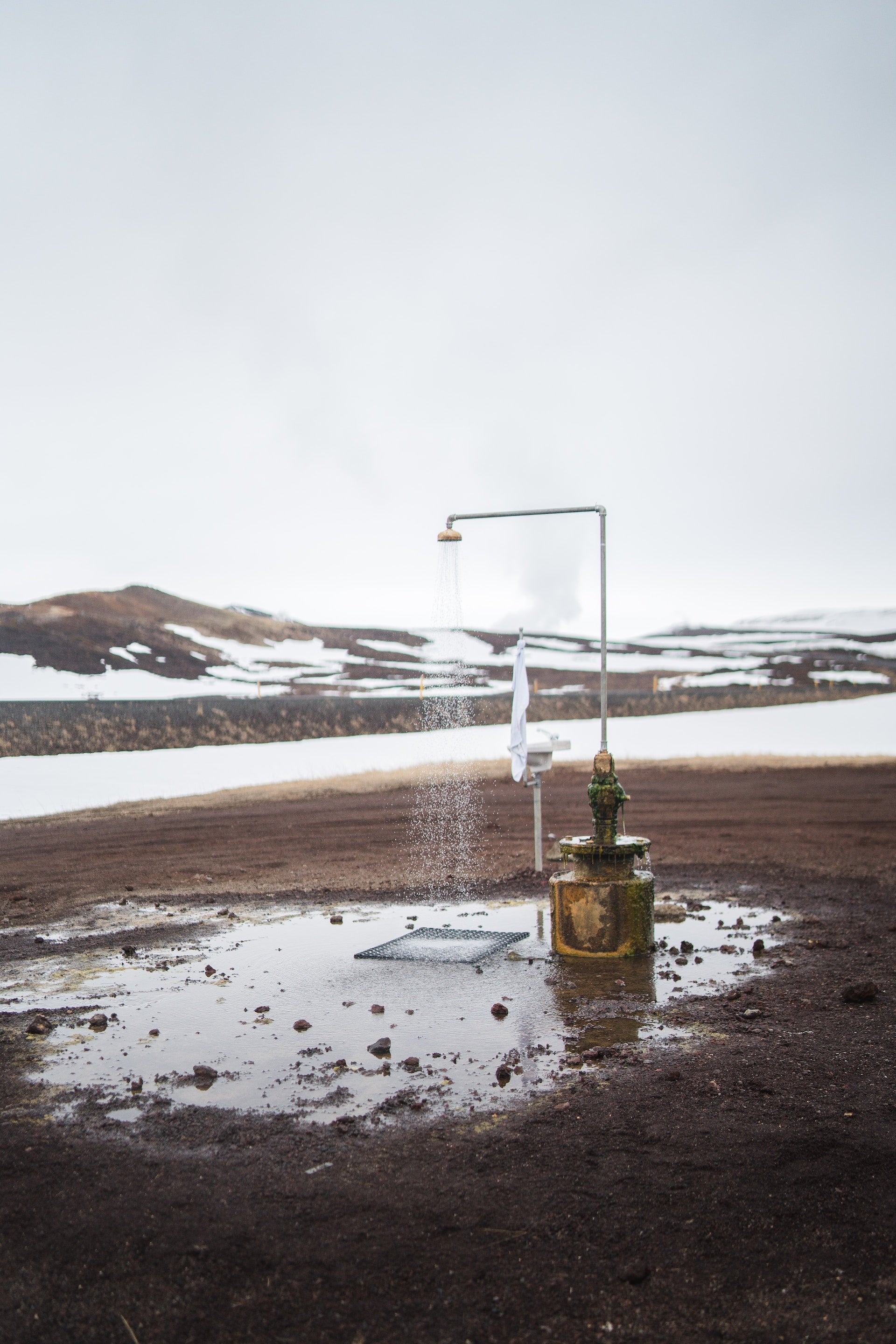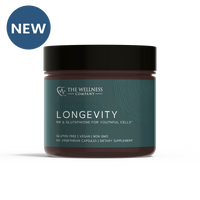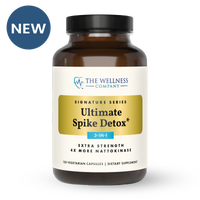Exploring the Psychological Benefits of Cold Exposure

Have you ever been pestered by a well-meaning friend, or perhaps a charismatic Instagram influencer, to take a cold shower (or cold plunge) as a way to improve your health? If you're like most people, you likely dismissed it with a skeptical chuckle and continued with your usual hot shower routine. But you may have found yourself wondering: is there something to this advice? Or is it just the latest gimmick in the wellness sphere? Today, we'll delve into the science behind cold exposure, with a particular focus on its psychological effects.
Cold exposure, whether it's a dip in a frigid lake, a cold shower, or a winter walk, has been an integral part of human existence for millennia. Many of our ancestors, bereft of the luxuries of modernity, were forced to adapt to withstand the cold. Today, we're beginning to understand that intentionally subjecting ourselves to cold temperatures can yield some surprising health benefits.
Among the most well-established benefits of cold exposure is its potential to enhance mood and motivation. You might be thinking, "Cold showers sound like torture. How can being cold possibly boost my mood?" The answer lies in the realm of neurotransmitters, specifically dopamine and norepinephrine.
Cold Exposure Boosts Feel-Good Brain Chemicals
Dopamine, often dubbed the "feel-good" hormone, plays a pivotal role in our mood, motivation, and feelings of pleasure. In the year 2000, a landmark study revealed that cold-water exposure caused dopamine levels to double. Similarly, the hormone norepinephrine – which increases alertness – has been shown to increase more than five-fold with cold exposure.
When you step into a cold shower, your body's initial reaction is one of abrupt shock. This rapid physiological shift triggers a cascade of responses in your body. Your breathing quickens, your heart rate increases, and your blood vessels constrict.
This response is part of your body's fight-or-flight mechanism, and it's this reaction that leads to the release of dopamine and norepinephrine. As your body strives to warm itself, it also releases endorphins, the body's natural painkillers, which can contribute to a further mood boost. If you ever find yourself feeling sluggish, fatigued, or lacking motivation, this cocktail of neurochemicals has the potential to rapidly shift your psychological state.
A Pathway Towards Psychological Resiliency
Cold exposure isn’t only valuable to the extent that it boosts dopamine and norepinephrine. On a deeper level, it’s also a powerful way to exercise 'top-down control' over the more impulsive regions of your brain. This control process is driven by your prefrontal cortex, a sophisticated brain-region responsible for planning and curbing impulsive behavior. The prefrontal cortex forms the foundational neural circuits that mediate impulse control and underlie the exertion of discipline. In short, getting into an ice-cold shower is not only a way to temporarily boost your mood; it’s also a practice that builds the all-important skill of being able to endure discomfort, and shut off that little voice in your head which wants to avoid anything difficult.
Cold Exposure Protocol
So, how can you weave cold exposure into your daily routine? The simplest way is to start with cold showers. Begin with your regular warm shower, then gradually decrease the temperature until it feels cold enough that you desperately want to get out. Try to endure that sensation for at least 30 seconds, and over time, build up to a few minutes. Yes, it will be uncomfortable at first, but remember that this discomfort is the source of the potential benefits: a boost in mood, a surge in motivation, and an enhanced ability to tolerate discomfort.
Bottomline
While it's not the panacea that some wellness gurus claim it to be, the practice of cold exposure is certainly more than just a passing fad. The rush of dopamine and endorphins that accompanies a cold shower or plunge can indeed lead to a massive boost in mood and motivation, something that most of us could no doubt use a bit more of.
While it might seem counterintuitive, our body tends to thrive on a little deliberate discomfort. So, why not give it a try? Start your day with a cold shower and observe how it affects your mood and energy levels. You might just find this to be one of the cheapest, fastest ways to radically shift your psychological state.
Video: Dr Andrew Huberman expands on the benefits of cold exposure.
References
Šrámek, P., Šimečková, M., Janský, L., Šavlíková, J., & Vybíral, S. (2000). Human physiological responses to immersion into water of different temperatures. European journal of applied physiology, 81, 436-442.














